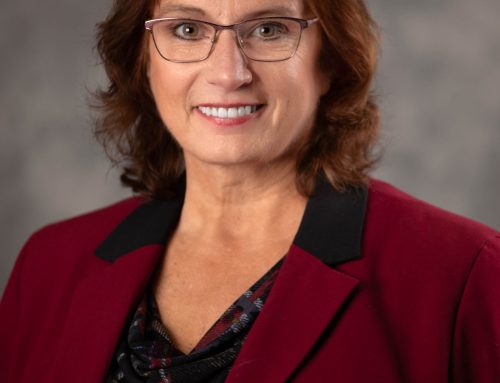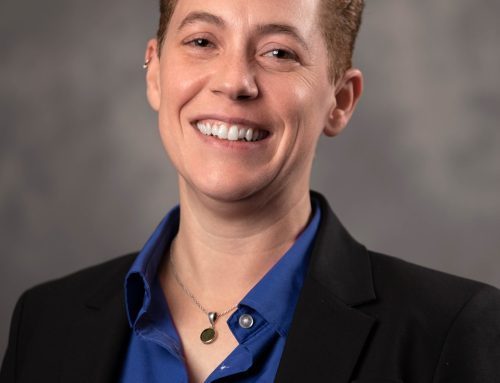Black History Month Social Media Campaign Honors Key Contributions
of Scientists Involved in Creating COVID-19 Vaccinations
The Mental Health Association (MHA) has released its February social media campaign for Black History Month, which is emphasizing key contributions of Black scientists in the unprecedented research supporting the development of COVID-19 vaccines. “Scientists Making History” shines a light on these Black scientists:
- Kizzmekia Corbett is a research fellow and scientific lead at the National Institute of Health. Working with her team of scientists, she has been instrumental in developing the Moderna COVID-19 vaccine.
- Michael Johnson is an Assistant Professor of Immunobiology at the University of Arizona. His groundbreaking research involves ways copper could help stop the coronavirus from entering our cells or replicating once it is inside.
- Christopher Barnes is a Hanna Grays Postdoctoral Fellow at California Institute of Technology, a Structural Biologist and a mentor to people of color pursing a STEM career. His research into crystallizing antibodies is contributing to the fight against COVID-19.
- Tomeka Suber, MD, PhD, is an Assistant Professor of Pulmonary, Allergy and Critical Care at the University of Pittsburgh School of Medicine. An expert in Acute Respiratory Distress Syndrome, she is researching host defense mechanisms in intrapulmonary bacterial infections, such as COVID-19.
Throughout MHA’s social media campaign, readers are urged to honor the contributions of these Black scientists through a simple act: getting vaccinated against COVID-19. With this in mind, the campaign also shines a light on Black health care workers on the front lines:
- Sandra Lindsay, RN, is a critical care nurse at Long Island Jewish Medical Center who received the first non-trial COVID-19 vaccine. Nurse Lindsay volunteered to take the vaccine as soon as it was available. Why? Because she wanted to “inspire people who look like me.”
“A majority of the employees of MHA are persons of color, and essential workers who are members of our direct care teams,” said Cheryl Fasano, President & CEO of MHA. “Our caregiving staff support our residents around the clock, every day, so helping keep everyone safe from COVID-19 has brought special challenges to their work. Since Black History Month is coinciding with the increasing availability of COVID-19 vaccines, MHA recognized that promoting the research and development efforts of these scientists can encourage more people—including our own staff—to get their COVID-19 vaccines. As front line workers, our staff members already qualify for the vaccine and MHA, in cooperation with Springfield Pharmacy, the Department of Mental Health and the Department of Disability Services, has been making the vaccine available to our employees each week as supply allows. What better way to honor the work of Black scientists than to embrace the extraordinary value of their work: get vaccinated!”
About MHA:
What We Do
MHA (Mental Health Association) helps people live their best life. We provide access to therapies for emotional health and wellness; services for substance use recovery, developmental disabilities and acquired brain injury; services for housing and residential programming, and more. With respect, integrity and compassion, MHA provides each individual served with person-driven programming to foster independence, community engagement, wellness and recovery.
Why We Matter
The youth, adults, seniors and families we serve want the same things in life as anyone: to have friends, work, go to school, have meaningful relationships, express themselves (and be heard), and be accepted in their community for who they are. With our help and resources from a caring community, people can live their potential, in their community, every day.
How We Think
Starting in the 1960s, MHA’s groundbreaking efforts and advocacy helped to transition people away from institutional living to a life in our community. This became a model for the deinstitutionalization movement. Today, our leadership continues to advance awareness of mental health conditions and needs at local, regional and national levels. We drive compassionate care for those challenged by mental health, developmental disabilities, substance use, homelessness, acquired brain injury and more.





